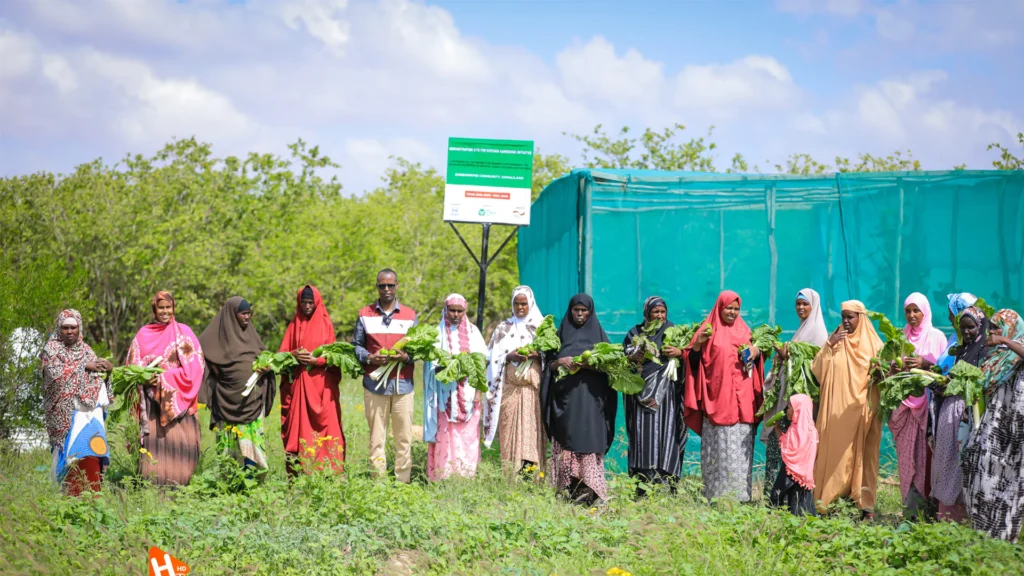The African Children’s Rights Foundation (ACRIF), formerly known as ANPPCAN, convened a crucial semi-annual review meeting in Burao, Somalia. This gathering aimed to comprehensively evaluate the accomplishments and challenges encountered within the “Better Nutrition” project. The meeting fostered collaboration among key stakeholders – the Ministry of Health, UNICEF, and ACRIF – to strategize and plan for the project’s next two years.
Goals and Strategies:
The Better Nutrition project embarked on a mission to tackle childhood malnutrition in Burao. This ambitious goal was pursued through a multi-pronged approach:
- Nutrition Education Workshops: ACRIF partnered with local health workers to conduct workshops focused on dietary diversity, breastfeeding practices, and proper food preparation techniques.
- Community Garden Initiative: The project established several community gardens, providing families with access to fresh fruits and vegetables, crucial for a balanced diet.
- Micronutrient Supplementation: To address micronutrient deficiencies, the project distributed fortified foods and deworming medication to children.
Achievements and Challenges:
The project yielded significant results:
- Reduced Malnutrition Rates: Data revealed a 15% decrease in stunting rates among children under five within the project’s target communities.
- Improved Dietary Diversity: Baseline surveys showed limited dietary diversity, but post-intervention assessments indicated a substantial increase in the consumption of fruits, vegetables, and legumes.
- Empowered Women: Women attending nutrition workshops reported a greater sense of control over household food choices and improved child-feeding practices.

Despite these achievements, the project did encounter challenges:
- Logistical Constraints: Reaching remote communities with consistent educational programs and resources proved logistically difficult at times.
- Cultural Considerations: Certain traditional dietary practices posed challenges in promoting new food choices. The project addressed this by incorporating culturally appropriate recipes and utilizing local community leaders as advocates.
The Better Nutrition project has been a game-changer for our families, We now understand the importance of a balanced diet, and our children are healthier and more energetic.
Fatima Mohamed, a participant in the nutrition workshops.
Impact and Sustainability:
The Better Nutrition project’s impact extended beyond immediate beneficiaries:
- Community Knowledge Sharing: The project fostered knowledge exchange through workshops, empowering participants to share best practices with their extended families and neighbors.
- Model for Replication: The project’s success garnered interest from neighboring communities, creating a model for potential expansion.
Sustainability is a key focus for the project’s future:
- Local Partnerships: ACRIF is actively forging partnerships with local agricultural cooperatives and health institutions to ensure continued access to resources and nutrition education.
- Community Ownership: The project emphasizes capacity building within these communities, empowering local residents to take ownership of the project’s goals and ensure its long-term success.

This collaborative effort serves as a prime example of how effective interventions require a multi-sectoral approach. We are committed to supporting ACRIF in scaling up this vital initiative.
Dr. Ayan Hassan, a representative from the Ministry of Health
Conclusion:
The Better Nutrition project in Burao serves as a testament to the power of collaboration in tackling malnutrition. Through innovative strategies, community engagement, and a focus on sustainability, the project has made significant strides in improving children’s health and well-being. By building local capacity and fostering knowledge sharing, the project has the potential to create a lasting positive impact for generations to come.

